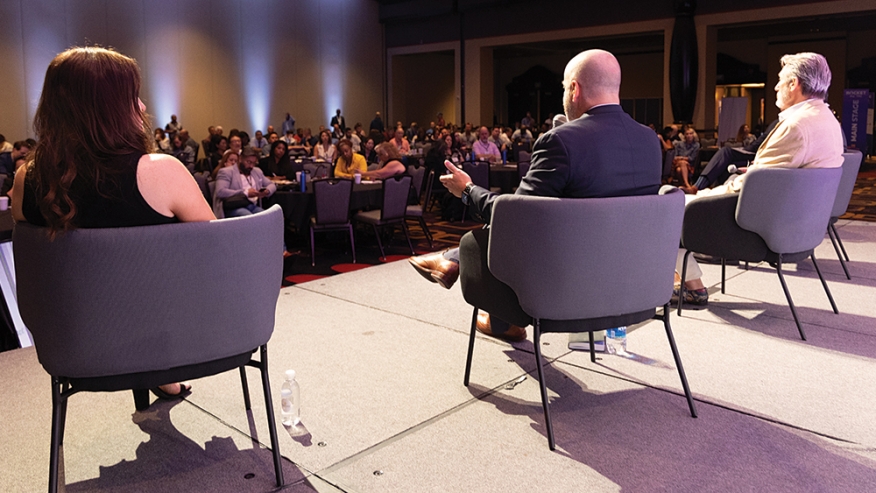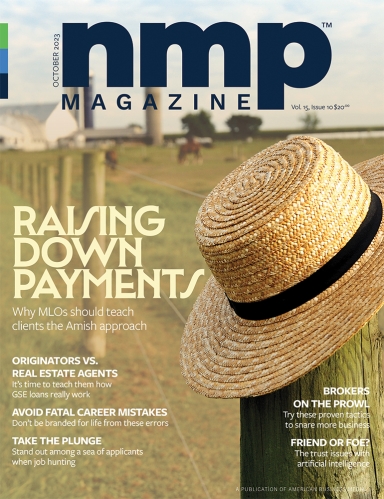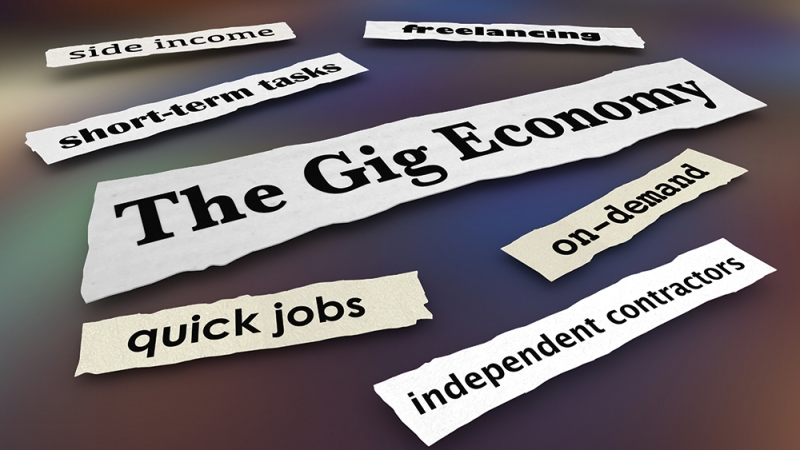With event season in full swing, mortgage professionals should be thinking about what opportunities exist at trade shows and conferences that allow them and their company to gain greater visibility with the event audience. Having the ability to speak at an event can be a tremendous opportunity to position yourself and your company as an authority in the industry and share your expertise in a more actionable way than just giving an elevator pitch at your booth.
While giving a solo presentation to a large audience can be daunting or it can be difficult to snag a coveted keynote spot, participating in a panel discussion can be a great way to start your foray into the world of professional speaking. However, while you may think that being a panelist is going to be a breeze compared to being the one and only speaker during a solo session, there are certain steps that folks should take to better prepare for participation and ensure that they are providing a more informative experience for the audience.
So, if you’re a first-time panelist, what should you do to prepare?
Connect With Fellow Panelists
The best piece of advice for any person participating in an industry panel is to take time to connect with the panel moderator and your fellow panelists long before you hit the stage. Unlike an individual speaking session where you are monologuing information usually with an accompanying presentation, the best and most entertaining panels are when participants have a meaningful and lively conversation based on the presented topic. Great panel sessions flow seamlessly from topic to topic and create actual discussions among the panelists so that certain concepts can be expanded so that each participant can provide a unique viewpoint.












